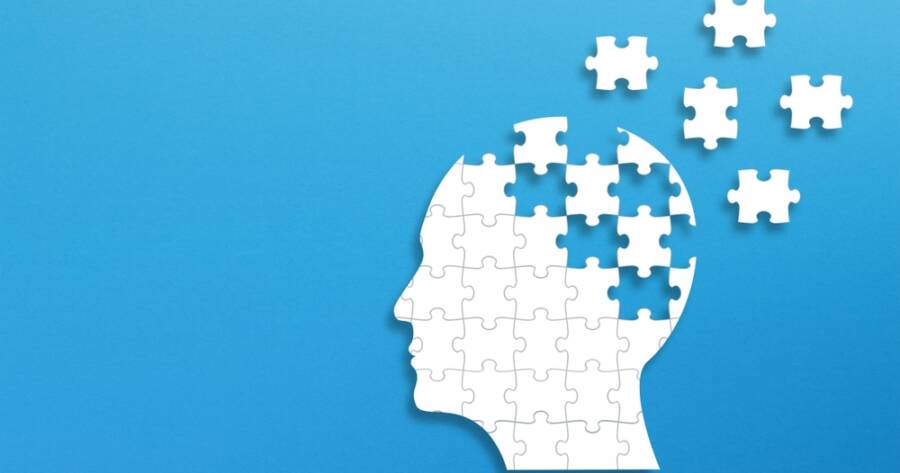Online dementia tests offer a convenient way for individuals to assess cognitive health at home, serving as an initial step toward recognizing potential cognitive issues. Online tests highlight accessibility but emphasize the importance of professional evaluations for accurate diagnosis. As early detection becomes crucial, understanding the role and limitations of cognitive tools aids in informed health decisions.
Understanding Online Dementia Tests
In recent years, online dementia tests have become a popular way for individuals to assess cognitive health from the comfort of home. The Alzheimer’s Foundation of America offers an online memory screening test that provides an easy and convenient option for early memory health assessment. This initial screening step can be particularly helpful in determining whether further professional evaluation is necessary.
While these tests offer accessibility and ease of use, it’s important to recognize their limitations. Online dementia tests, like those provided by Psychology Today, are not designed to diagnose but rather serve as informational resources. They aim to alert individuals to potential cognitive issues that warrant a more thorough investigation by healthcare professionals.
Popular Online Dementia Tests
One of the notable tests available is the Self-Administered Gerocognitive Exam (SAGE), developed by the Ohio State University. The SAGE test, praised for its ease of access and early detection capabilities, can be completed independently in about 10 to 15 minutes. Although the SAGE test is not a diagnostic tool, it can help identify early signs of mild cognitive impairment, making it a valuable resource for anyone experiencing mild symptoms or with a family history of dementia.
Similarly, Psychology Today’s test, which consists of short, user-friendly questions, can provide insights into potential cognitive decline. Ensuring user privacy, the test does not store or share personal information, maintaining a high level of anonymity while offering a practical way to assess signs that may demand professional attention.
The Role of Professional Assessment
Despite the convenience of online tests, professional medical evaluations are crucial for an accurate diagnosis of dementia or Alzheimer’s disease. Factors such as medical history, physical exams, and advanced diagnostics like brain imaging and blood tests are integral to comprehensive dementia diagnosis. The Alzheimer’s Association advises combining multiple diagnostic tools to differentiate Alzheimer’s from other conditions with similar symptoms.
Additionally, the necessity for professional medical assessments cannot be overstated. They not only confirm potential diagnoses but also rule out other causes of cognitive decline, ensuring that any treatment plan developed is appropriate and effective.
Limitations and Considerations
It’s important to understand the limitations of online dementia tests. These assessments, while beneficial for preliminary evaluations, may produce false-positive results due to the lack of scientific validation. Therefore, they should not replace professional evaluations conducted by neurologists or gerontologists.
Users should interpret test results cautiously and consider them as a stepping stone towards engaging with healthcare professionals for a proper diagnostic process. Furthermore, awareness of privacy policies while utilizing these tests ensures informed consent and data protection.
Learn More About Online Dementia Tests
Understanding the availability and utility of online dementia tests is essential for early identification of cognitive issues. By providing a convenient, initial step in assessing cognitive health, these tests play a significant role in prompting further investigation by healthcare professionals. However, their limitations in diagnosis highlight the importance of professional medical evaluations for accurate, reliable conclusions.
If considering an online dementia test, individuals are encouraged to seek additional information and consult with healthcare providers to understand the results fully and take appropriate subsequent actions. Learning about these tools and their role in cognitive health assessments can significantly impact the management and treatment of dementia, ensuring informed decisions are made at every stage of a person’s healthcare journey.
Sources
Explanation of Online Memory Screening
Informational Tool for Assessing Cognitive Decline

